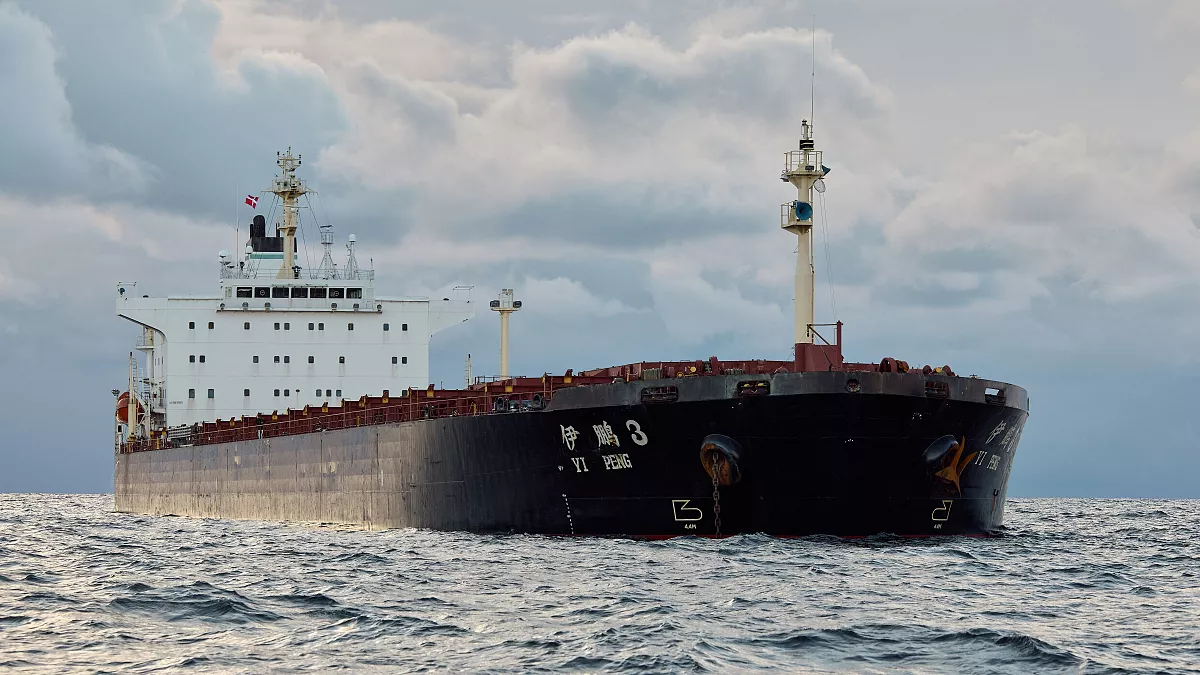Sweden has officially asked China to assist in investigating the break of two crucial data cables at the bottom of the Baltic Sea. The cables carry essential communication between Finland, Germany, Lithuania, and Sweden, and have been broken in Swedish waters. This has caused alarm with particular concern since a Chinese-flagged vessel, the Yi Peng 3, was reported to be in the region.
Damaged Cables Associated with Chinese Vessel
The two affected cables connect Finland to Germany and Lithuania to Sweden, running through Swedish territorial waters. Investigators suspect that the Yi Peng 3 bulk carrier flagged under China deliberately damaged the cables by dragging its anchor along the seabed.’
According to The Wall Street Journal, the ship was in the proximity of the area of damage when the accident occurred. Sweden’s Prime Minister Ulf Kristersson has also emphasized the importance of discovering the facts, saying, “It is extremely important to find out exactly what happened.”
Sweden has officially asked China to allow the Yi Peng 3 to cooperate with investigations. ‘Sweden’s Prime Minister Kristersson confirmed that Sweden wants the vessel to enter Swedish waters for closer scrutiny. “We expect China to comply with the request we have sent,” Kristersson emphasized.’ The Yi Peng 3 remains anchored in international waters between Sweden and Denmark, where vessels, including the Danish navy, keep a close watch.
No explosions have been detected
NORSAR is a Norwegian foundation specialized in monitoring earthquakes and nuclear explosions, confirmed via post on X that no seismic activity had been detected in the area. Thus, it ruled out explosions as a reason for damage. The physical interference of the ship’s anchor now adds weight to the suspicion.
Regional Support and Concerns
It has triggered unease among countries of the Baltic Sea region. Poland’s Prime Minister Donald Tusk, speaking after a security meeting of Baltic Sea leaders, has expressed solidarity with Sweden. “We fully trust Sweden’s reliability and support its actions in the interest of all Baltic nations,” he said.
Tusk also remarked that the incidents are not isolated; he said, “This was not the first such event in the Baltic Sea. These incidents disrupt all of us who value safe navigation and security in the region.”
As investigations continue, the damaged cables show vulnerabilities in undersea infrastructure. Sweden’s appeal to China reflects the need for international cooperation in protecting critical communication systems. ‘The outcome of this incident will likely shape future policies and security measures in the Baltic Sea region, reinforcing the importance of transparency and collaborative action.’















